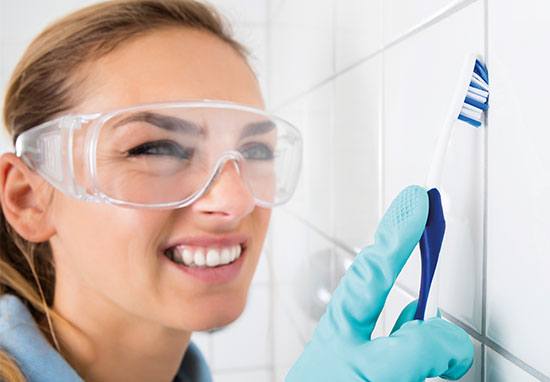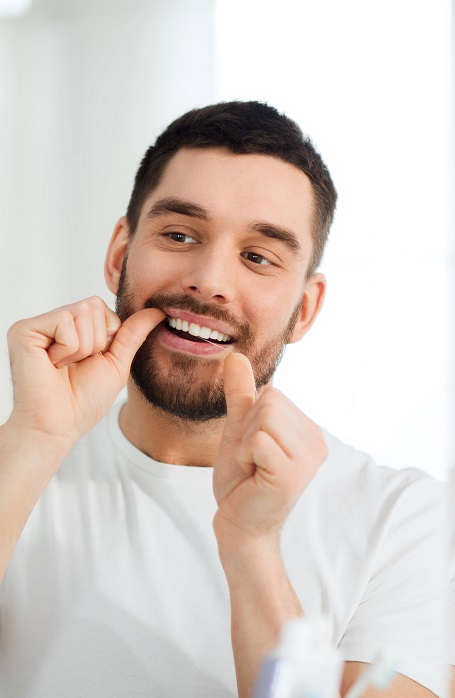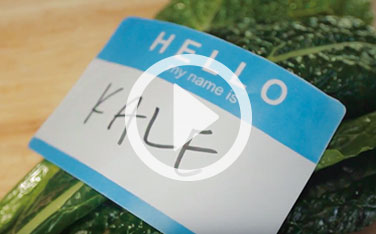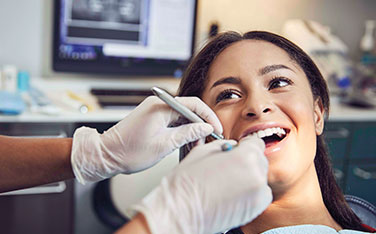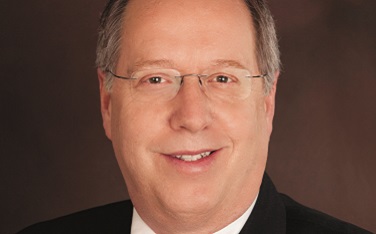A better environment starts little by little with eco-friendly choices and sustainable daily practices. Here are five steps you can start with.
Go green with your dental routine
1. Conserve water
Seventy percent of Earth is covered in water, but only a surprising 1% is suitable for human consumption. Make the most of this limited supply by turning off the water while you brush.
You can apply the same idea to other parts of your daily routine. Take showers instead of baths, turn off the water while soaping up and only run the dishwasher when it’s full.
2. Reuse your toothbrush
Toothbrushes are typically made of hard-plastic handles and soft nylon bristles that can take hundreds of years to decompose.
Dentists recommend switching to a new toothbrush every three or four months, but that doesn’t mean you have to throw yours away. Find ways to reuse old toothbrushes. The bristles are perfect for cleaning hard-to-reach places and for polishing jewelry. They also make great paintbrushes for craft projects.
3. Choose an eco-friendly toothbrush
With a little bit of searching, you can find eco-friendly replacements for your current toothbrush. To divert waste from landfills, try a toothbrush that's compostable or made out of recycled plastic.
4. Use biodegradable floss
Most floss is made of nylon fibers that take years to break down and are too small to be processed by normal recycling plants. Floss containers and floss picks are generally considered mixed materials that can’t be recycled.
To reduce your impact on the planet, try biodegradable floss made from silk. Or, look for floss packaged in paper instead of plastic, or in a refillable, reusable container.
5. Recycle
Some organizations work with consumers and dentists’ offices to recycle old toothbrushes, electric toothbrush heads, floss picks and more. These materials can be repurposed into plastic lumber and other consumer products. Check if your dentist’s office participates in any recycling programs.
The story of kale
Get to know the history and health benefits of this leafy superfood.
What are periodontal pockets?
Here's what your gums can say about the state of your mouth.
Dr. Kohn's favorite drinks
What does our resident dental expert reach for when he's thirsty?
